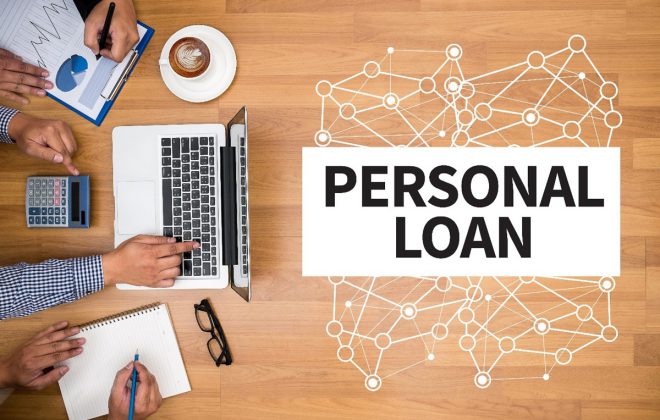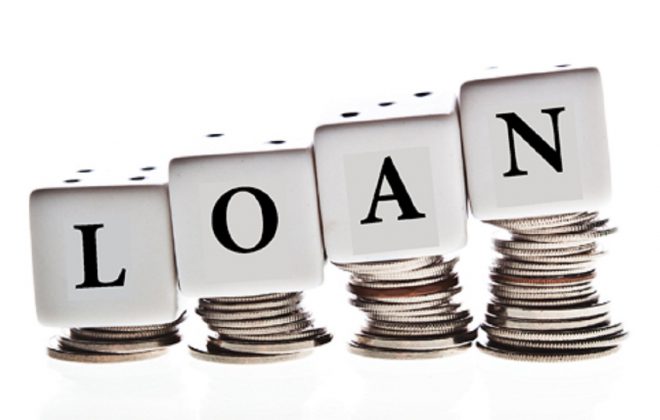Be informed before taking a loan
Be informed before taking a loan. Taking a loan can have a positive impact on your credit score and finances (if used responsibly). So it is worth taking the time to understand how they work.
Interest rates have an impact
It is a good time to borrow whenever interest rates go down, but this is not the only factor impacting the deal you get. The interest rate you will be offered by a lender depends on your own financial circumstances and your credit score. The better your finances appear to a lender, the more likely you are to get a good interest rate. This is due to the fact that a higher credit score signals to a lender that you are not a risky borrower.
Can taking a loan damage your credit score?
When you apply for credit, a “hard enquiry” will be added to your credit report. Which can have a negative impact on your credit score. Too many hard enquiries (or rejections) in a short space of time are likely to bring your score down. As they indicate to anyone who looks at your report that you could be overly reliant on credit.
On the other hand, managing your loan responsibly is good for your credit score. Once you have been accepted for a loan and you make repayments in full and on time, you should see your score increase. This is because your loan repayments are recorded on your credit report. Lenders will be able to see that you are capable of handling debt, which will reflect well on your credit history.
Loans cost
Lenders will always want something in return for lending you money. A personal loans can come with higher interest rates than other forms of borrowing. It is best to shop around and compare a range of deals to find the one that suits your needs and budget. The better your credit score and financial health, the better the deal you will be offered on a loan.
Should you apply for more loans rather than less?
Note: it is never a good idea to fire out applications for loans at random in the hope that at least one lender will offer you credit. This is likely to do more harm to your finances than good.
Each time you apply for credit – be that a loan, a credit card or something else – a “hard enquiry” will be added to your report. Too many of these in a short space of time is likely to bring your score down. Not only this, but lenders will then be less likely to accept your application. Reason being they can see you have applied for lots of others as you will not look like a stable borrower. The trick is to check how likely you are to get a loan with a “soft enquiry”.
Do you need a high credit score to get a loan
While a good credit score helps, it is not the end of the road if your score’s not as high. There are lending options out there for pretty much everyone. For example, bad credit loans are designed specifically for people with lower credit scores. The catch is that lenders tend to charge higher interest rates for these types of loans. This can make them an expensive way to borrow money. This is because if you have a poor credit score, a lender will view you as a high-risk borrower, so charging you more in interest covers their backs.
As with all forms of borrowing, make sure you can afford to keep up the repayments before you apply for the loan in the first place. Alternatively, if you have got time on your side, it is definitely worth trying to improve your credit score before applying for a loan.
Until next time.
The MoneyShop Team
This article has been prepared for information purposes only and it does not constitute legal, financial, or medical advice. The publication, journalist, and companies or individuals providing commentary cannot be held liable in any way. Readers are advised to seek legal, financial, or medical advice where appropriate.
MoneyShop





